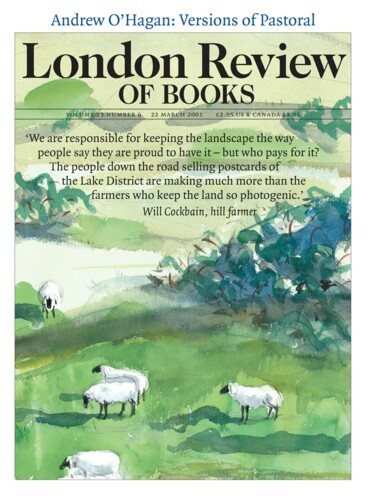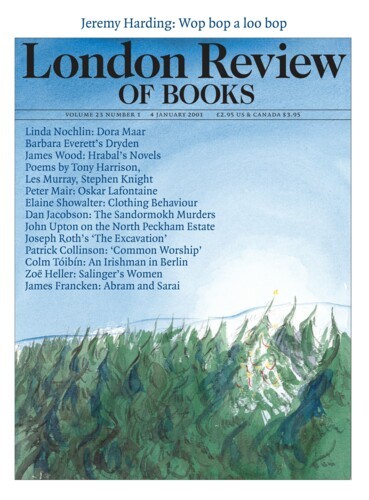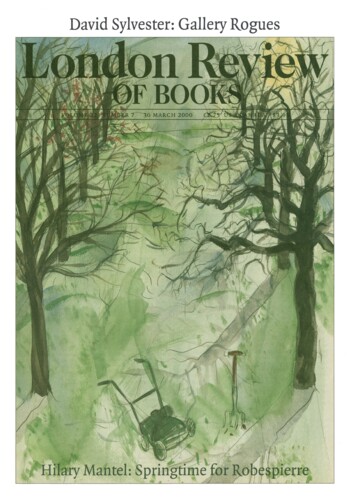And Cabbages Too: The Tudors
Patrick Collinson, 22 March 2001
What, for the British Isles, is the shape, scope and character of that rich slice of history which was the 16th century? The titles of the textbooks which have defined the period for the late 20th-century successors of Macaulay’s ‘every schoolboy’ tell their own story: Tudor England (S.T. Bindoff, 1950), England Under the Tudors (G.R. Elton, 1955), Tudor England again (John...




